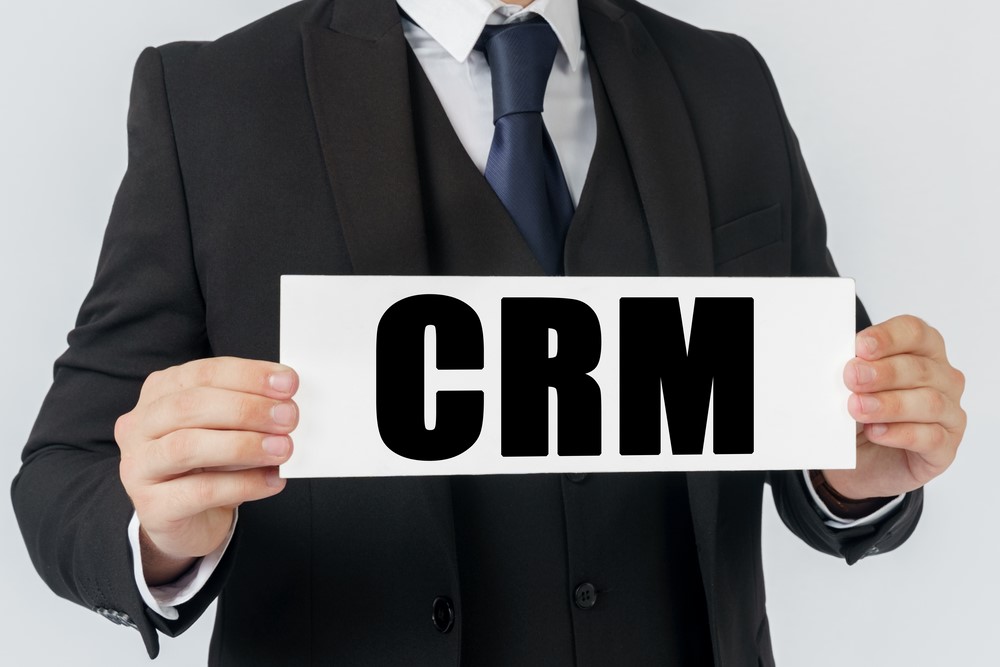
5 Ways CRM Software Can Benefit Your Law Firm: Improving Efficiency And Client Management

5 Ways CRM Software Can Benefit Your Law Firm: Improving Efficiency and Client Management
In the legal industry, efficient client management and streamlined operations are vital for law firms. CRM software empowers law firms with enhanced efficiency, improved client management, and business growth. Discover five key ways CRM software can revolutionize your law firm and benefit your practice in this article.
1. Centralized Client Information
CRM software allows law firms to consolidate and manage client information in a centralized database. This includes client details, case history, communication records, and key documents. With a centralized system, law firms can easily access and update client information, enabling seamless collaboration among attorneys and staff. Having all client data in one place improves efficiency, reduces data duplication, and enhances client service delivery.
2. Streamlined Case and Matter Management
CRM software provides law firms with robust case and matter management capabilities. It enables firms to track case progress, deadlines, and key milestones. With CRM, attorneys can manage document repositories, schedule appointments, and assign tasks to team members. This streamlines case management, ensures timely deliverables, and enables effective collaboration among attorneys and support staff.
3. Efficient Client Communication
CRM software facilitates efficient and effective client communication. It enables law firms to track client interactions, manage appointments, and store communication history. CRM systems also offer email integration, allowing attorneys to send and receive emails directly within the CRM platform. By having a comprehensive view of all client communications, law firms can respond promptly, address client concerns, and provide personalized and timely updates.
4. Business Development and Marketing
CRM software plays a crucial role in law firm business development and marketing efforts. It helps firms track and manage leads, capture client preferences, and analyze marketing campaigns. CRM systems provide insights into potential opportunities, allowing law firms to prioritize business development efforts and nurture client relationships. By leveraging CRM data, law firms can make informed decisions to enhance their marketing strategies and maximize client acquisition and retention.
5. Reporting and Analytics
CRM software offers robust reporting and analytics capabilities that provide valuable insights into law firm performance. It allows firms to track key metrics, such as client acquisition rates, case success rates, and revenue generation. CRM systems generate reports and visualizations that help law firms identify trends, evaluate performance, and make data-driven decisions. By analyzing these metrics, law firms can optimize their operations, allocate resources effectively, and drive continuous improvement.
Conclusion
CRM software is a game-changer for law firms, offering significant benefits in client management and practice efficiency. By providing centralized client information, streamlining case and matter management, facilitating efficient client communication, supporting business development and marketing efforts, and offering robust reporting and analytics, CRM software empowers law firms to thrive in a competitive industry. Investing in a reliable CRM solution can revolutionize your law firm, enhance client satisfaction, and drive sustainable growth and success.